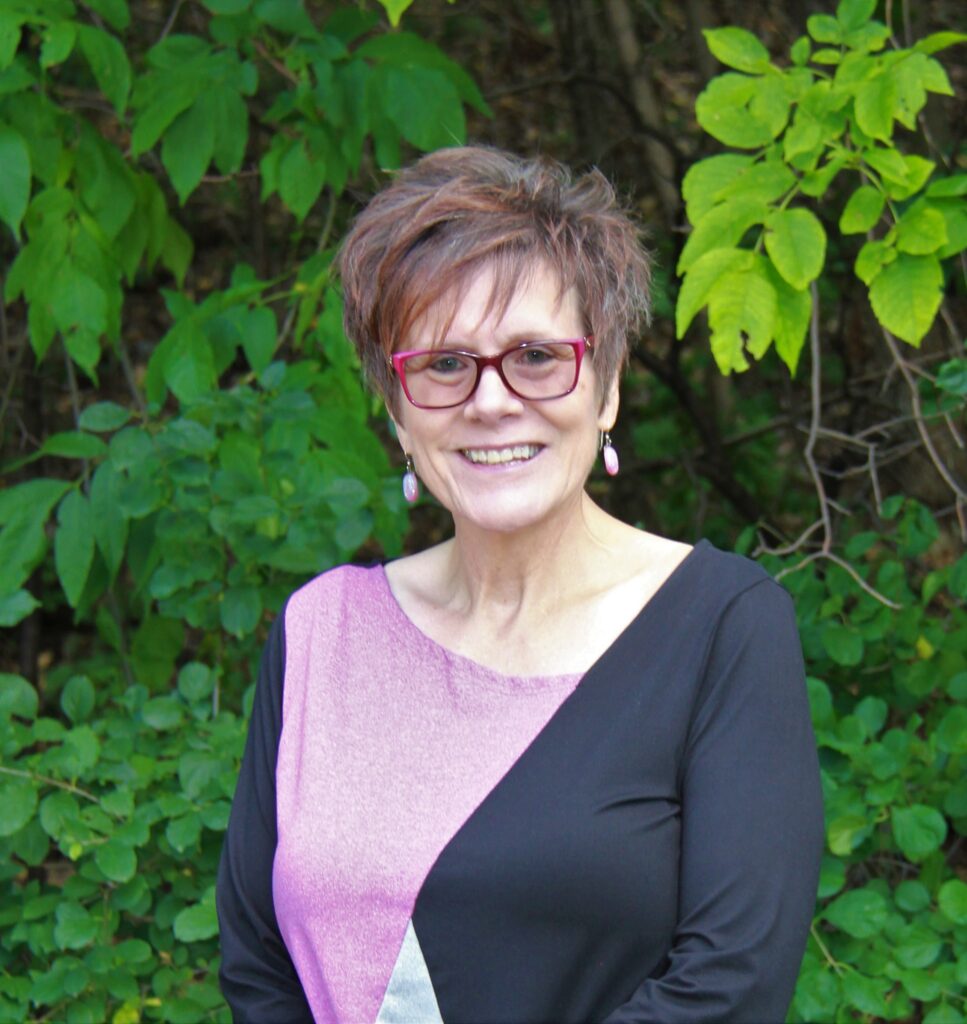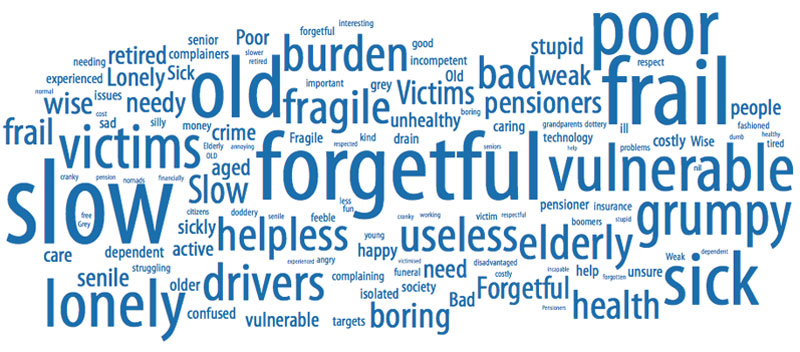May 15, 2023
By CEO Deb Taylor
Ageism is discrimination or prejudice against individuals or groups on the basis of age. Overtly, ageism can come in the form of stereotyping older adults as frail, helpless, lacking in intelligence, “senile”, a burden on society, or that they are no longer useful. Age discrimination can also be systemically embedded in employment, housing, healthcare, and technology design.
More subtly, the way we speak about older adults every day can play a role in enabling ageism. Using outdated or disrespectful language can contribute to broader negative stereotypes about older adults and incrementally lead to age discrimination in all areas of life. Examples of how our language can enable ageism:
1) Using terms like “elderly” or “senior citizen” to refer to older adults. These terms can be dehumanizing and make older adults feel like they are no longer a valued, contributing member of society.
2) Using patronizing language like “sweetie,” “honey,” or “dear” when speaking to older adults. This infantilizing language can make older adults feel like they are children, and that we are making assumptions about their abilities or limitations based on their age.
3) Using language begrudging our own aging keeps this negative loop on replay. If we feel such disdain towards growing older ourselves, how could this sentiment not creep into the way we view and talk about others growing older?
4) Telling jokes or making comments that poke fun at older adults. This can create an unwelcoming environment and imply we see older adults as “less than.”
By changing the narrative in the way we speak about and to older adults, we can all be advocates for challenging ageism. Here are some steps we can take every day:
A) Be aware of the language we use and avoid using outdated, disrespectful, and “othering” terms and phrases when referring to older adults.
B) Examine some of the stereotypes you may hold about older adults and respectfully challenge those sentiments when you hear others voicing them.
C) Support policies and initiatives that benefit older adults and make our communities more age inclusive.
D) Volunteer or donate to organizations that serve older adults.
Language matters, and even our best intentions can be overshadowed by hurtful words and patterns in our communication. We are all aging. Being more mindful of the way we speak about aging now will help to create a more equitable society that we’d all want to grow older in.

About the Author:
Deb Taylor is the CEO of Senior Community Services, a local nonprofit with a mission to empower people as they age, committed to serving compassionately, connecting communities, and supporting independence.




